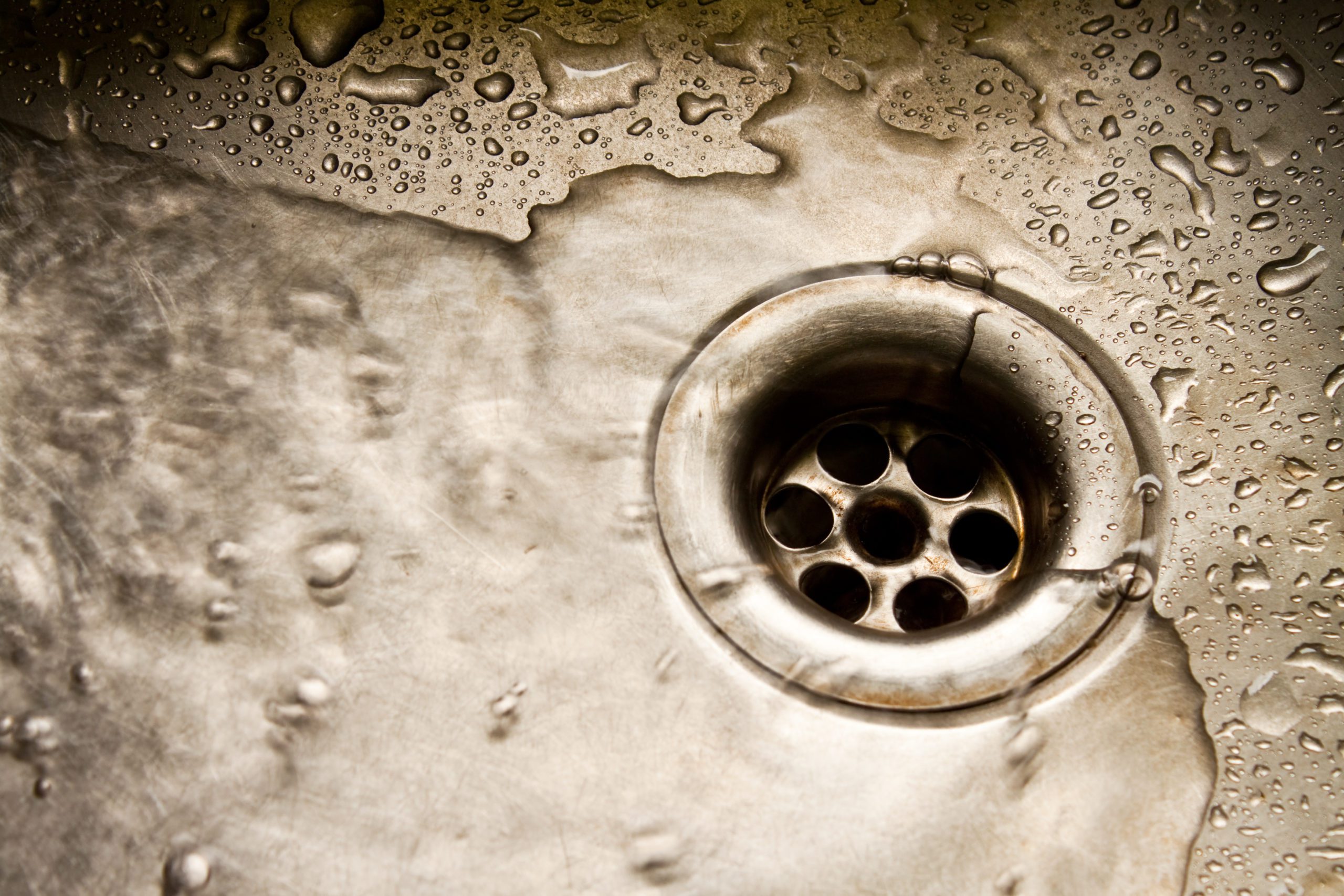Back in the day, when our drains clogged up, our first course of action was to go to the store to buy drain cleaner. We would pour it down the drain, wait a few minutes, run the water through the drain, and hopefully, the clog would be gone. But now, experts are saying that drain cleaners can be damaging to the drain. But is this really true? Or is it just a way for plumbers to get more business? Read on to find out.
How Do Drain Cleaners Work?
Drain cleaners are typically lye based. When they are poured down the drain, they cause a variety of chemical reactions that unclog the drain. The sodium hydroxide, or lye, will decompose organic matter. The lye may also be mixed with small pieces of aluminum which heats the interior to near boiling temperatures speeding up the decomposition process.
The tap water will react with the lye to produce more heat which softens drain deposits. The lye will also react with softened grease creating soap that is dissolved by the hot water. The aluminum plays its part by forming hydrogen bubbles that loosen clogged particles. Essentially, the cleaner produces intense heat, soap and bubbles that dissolve proteins and fat, so your drain gets nice and clear.
Why Drain Cleaners are Dangerous
While drain cleaners are effective in unclogging drains, they also do damage to plumbing systems. Here are some examples of how they can do harm.
- The chemicals generate heat that can crack toilet bowls and pipes.
- Drain cleaners are caustic meaning they can burn or corrode organic tissue. This makes for unsafe work conditions. If you use a drain cleaner, the plumber will not be able to work in the area for at least 24 hours after it has been applied.
- Drain cleaners are bad for people. They can burn the skin and get into the eyes and lungs. They can also interact with cleaning products to create toxic fumes.
What are Some Drain Cleaner Alternatives?
Drain cleaners are not recommended but here are some alternatives that can help get your drain clear. Home Made Drain Cleaner: A vinegar baking soda mixture will unclog slow drains, but it will not work on a fully clogged drain. To use it, pour into the drain until the bubbles fizz over. Let the solution sit in the drain overnight, then flush with hot water.
A Bent Wire Hanger: Bend the wire hanger into a hook and use it to fish hair out of the drain. Plumber’s Auger: It the wire hanger isn’t working; you may want to try a plumber’s auger. To use it, insert the tip into the drain and push it until it meets resistance. Tighten the screw to hold the cable in place and turn the crank to push the auger into the drain. Keep doing this until the auger has cleared the clog. Then run hot water through the drain.
If all else fails, call JVS Plumbing Co. today
Drain cleaners seem like an easy fix for clogged drains, but they will end up doing more harm than good. Now that you have some alternatives, you can avoid using them for your plumbing needs. What are some of your DIY plumbing fixes?






